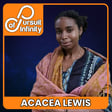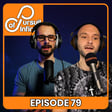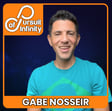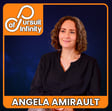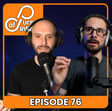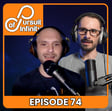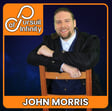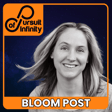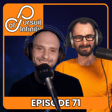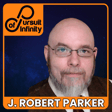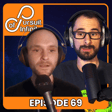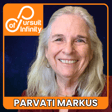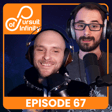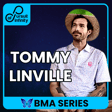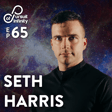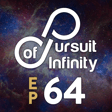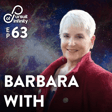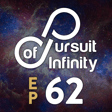
80. Katherine MacLean PhD - Mapping The Psychedelic Mind
We’re joined once again by the brilliant Katherine MacLean. Katherine is a renowned psychedelic researcher with a PhD in psychology from the University of California and a postdoctoral fellowship in pharmacology from Johns Hopkins School of Medicine, where she worked closely with the legendary Dr. Roland Griffiths on groundbreaking psilocybin studies.
She’s also the author of Midnight Water: A Psychedelic Memoir—a powerful exploration of transformation through altered states, which you can find linked in the description. Katherine’s work bridges the worlds of meditation and psychedelics, blending clinical insight with personal experience, and emphasizing deep psychological and social change.
If you missed our first conversation with her back in Episode 35, we highly recommend checking it out.
In this episode, we cover a lot of ground—psychedelics, UFOs, the nature of time, and much more.
https://www.katherinemaclean.org/
Get Midnight Water: A Psychedelic Memoir https://myvermontbookstore.com/book/9798986532479
https://www.instagram.com/katherine.maclean.phd/
Listen to Midnight Water: Dialogues In The Labyrinth https://open.spotify.com/show/74EEyImjfX3ueHMi1DMWcq
_________________
Music By R-Production
Follow Pursuit Of Infinity:
www.PursuitOfInfinity.com
YouTube: https://www.youtube.com/@PursuitOfInfinity
Spotify: https://open.spotify.com/show/58he621hhQ7RkajcmFNffb
Apple Podcasts: https://podcasts.apple.com/ca/podcast/pursuit-of-infinity/id1605998093
Instagram: https://www.instagram.com/pursuitofinfinitypod/
X: https://twitter.com/PursuitInfinity
Patreon: Patreon.com/PursuitOfInfinity
